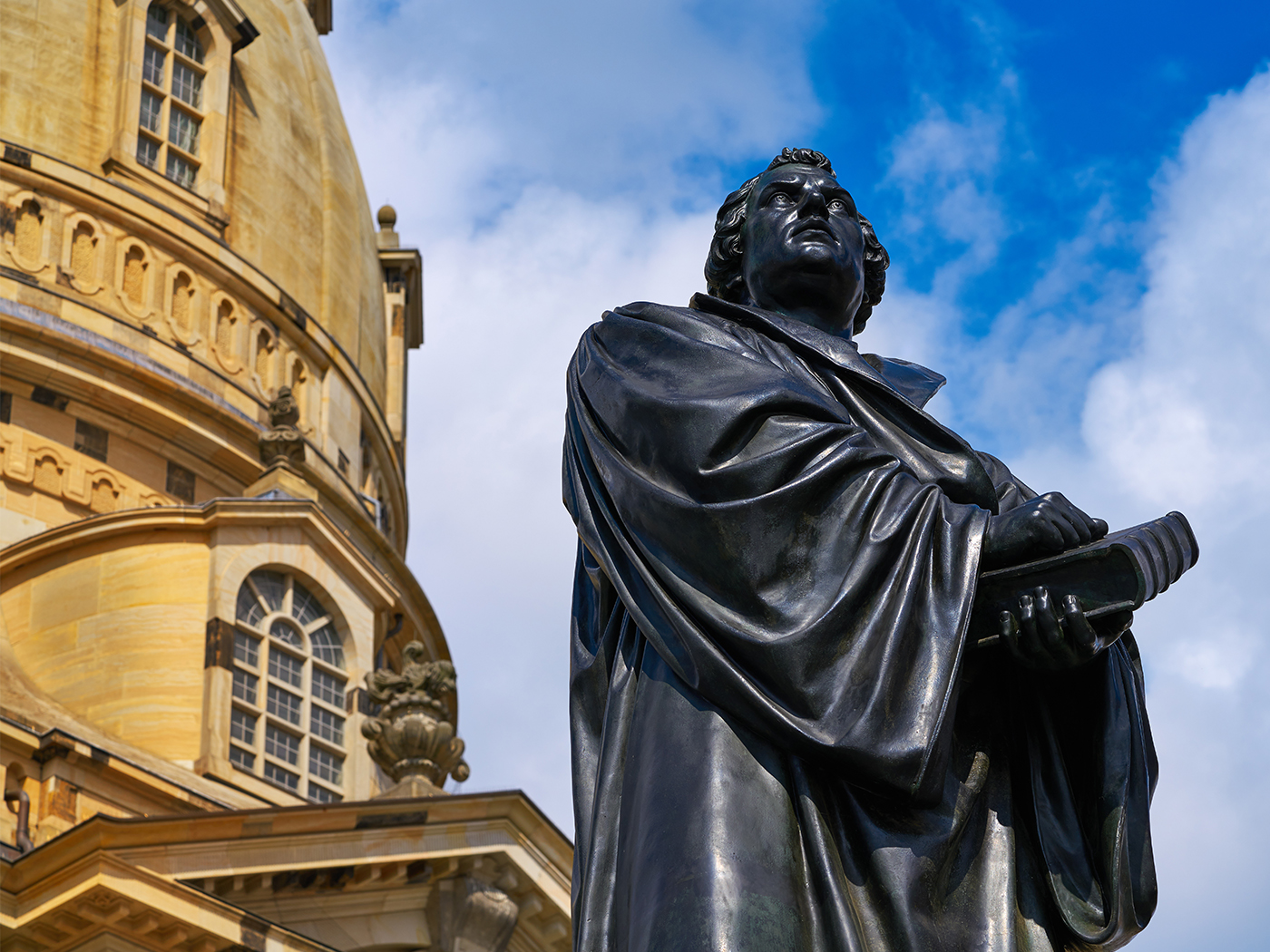“Yea, and all that will live godly in Christ Jesus shall suffer persecution” (II Timothy 3:12).
This sobering prediction is placed in the context of the “last days,” when “perilous times shall come” and “evil men and seducers shall wax worse and worse, deceiving and being deceived” (II Timothy 3:1,13). All who determine to live a godly life in Christ are going to be persecuted.
This should not come as a surprise, for Jesus had said: “The servant is not greater than his lord. If they have persecuted me, they will also persecute you” (John 15:20). “For unto you it is given in the behalf of Christ, not only to believe on Him, but also to suffer for His sake” (Philippians 1:29).
In some places and times, this persecution may be physical suffering, even involving imprisonment or death. More often, however, it is more subtle-rejection and ridicule, job discrimination, slander, social discrimination, family and peer pressures, legal restrictions, and other means of rejecting the gospel and those who teach it. The Greek word, dioko, basically means to “pursue”-that is, to keep following after the one whose witness is objectionable until, by whatever means may be necessary, it is stopped.
One possible way, therefore, to avoid persecution is to stop giving a clear witness. It is those who insist on living a godly life and giving a godly witness who will suffer persecution. But such compromises, like Peter, deny the Lord. Instead, we should follow Moses, “Choosing rather to suffer affliction with the people of God, than to enjoy the pleasures of sin for a season” (Hebrews 11:25).
Paul finished his course in martyrdom, but he had kept the faith until the end (II Timothy 4:7). “For our light affliction,” he said, “which is but for a moment, worketh for us a far more exceeding and eternal weight of glory” (II Corinthians 4:17). HMM

















